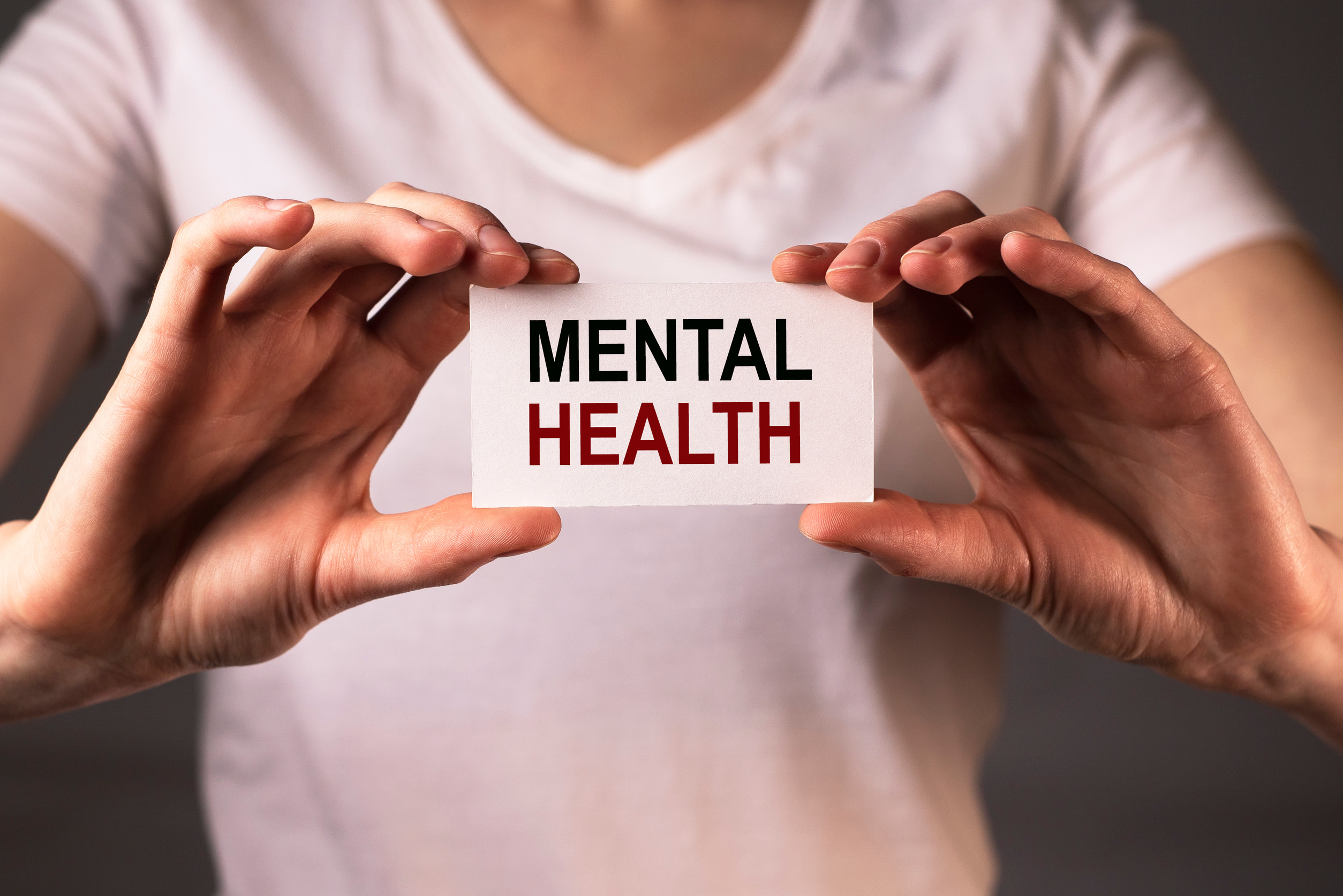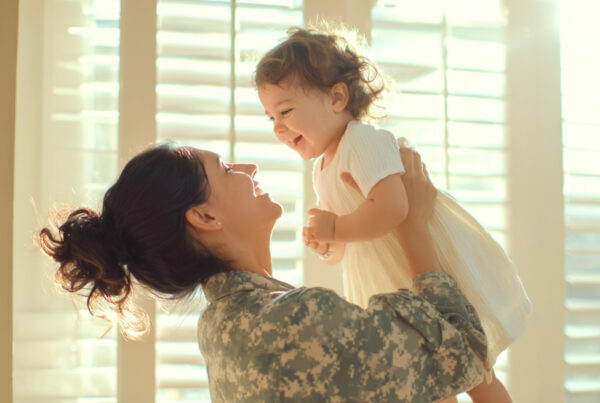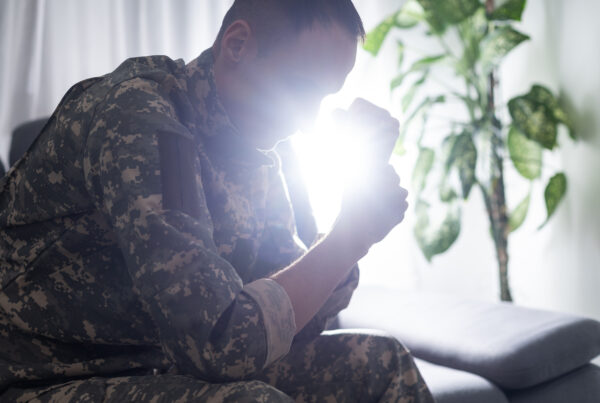”Question: Why should military families and Veterans focus on sleep during World Mental Health Day?
Reading time: 6 Minutes
MWi Hack:
- Military families and Veterans can’t control government shutdowns or inflation, but prioritizing sleep this World Mental Health Day is a powerful, actionable way to build mental health resilience—turning rest into a strategic mission that strengthens the community’s ability to weather any storm.
MWi Summary:
- World Mental Health Day highlights sleep’s critical role in mental wellness for a military and Veteran community that is breaking down stigma and leading the way in prioritizing mental health as essential to overall readiness.
- Current challenges including government shutdown threats and financial uncertainty reveal the community’s remarkable resilience, as military families support one another through informal networks, maintain professionalism under pressure, and turn obstacles into opportunities for stronger emergency preparedness.
- Housing and inflation pressures have sparked important advocacy and innovation, with military families spending an average $336 monthly beyond housing allowances yet responding with increased financial literacy, policy advocacy, and creative problem-solving that will benefit future generations.
- October’s convergence of fiscal transitions and heightened awareness creates a platform for action, transforming challenges into missions as the community accesses resources, connects with support systems, and treats mental health and sleep as mission-critical objectives without shame.
- Sleep represents powerful, actionable control during uncertain times—while families cannot control shutdowns or housing markets, prioritizing quality sleep strengthens emotional regulation, enhances stress resilience, and serves as a strategic act of resilience that fortifies against external pressures rather than surrendering to them.
As we observe World Mental Health Day, the connection between sleep and mental wellness takes on critical importance for military families and Veterans. This year’s observance arrives at a moment that presents both challenges and opportunities for a community that has always demonstrated remarkable resilience in the face of adversity.
MWI survey data consistently identifies mental health as the top concern across the entire military and Veteran community in the United States. Rather than viewing this as a weakness, it reflects the community’s growing awareness and willingness to prioritize mental wellness—a significant shift from past generations when such concerns went unspoken. The military community is leading the way in breaking down stigma and recognizing that mental health is as important as physical readiness.
Navigating Financial Uncertainty with Strength
The current environment presents real challenges, including the ongoing threat of government shutdowns that create uncertainty around paychecks and benefits. Yet military families have consistently proven their ability to adapt and support one another through difficult times. This resilience doesn’t mean the stress doesn’t exist—it means the community has developed powerful networks and coping strategies to weather storms together.
Active-duty service members continue to report for duty with professionalism regardless of pay uncertainties. Veterans connect with one another to share resources and information about benefit access. Military spouses have created informal support systems that kick into gear during times of instability. While the anxiety about delayed income is real, it also reveals an opportunity for families to reassess their financial wellness strategies and build stronger emergency preparedness plans for the future.
Turning Housing Challenges into Financial Wisdom
The housing market has indeed shifted dramatically. From 2021 to 2023, median U.S. rents increased by 25% while household incomes rose only 5%. Military families currently spend an average of $336 per month beyond their housing allowance, and the 2025 cost-of-living adjustment of 2.5% requires careful budget management.
These challenges have sparked important conversations within the military community about financial literacy, housing advocacy, and long-term planning. Military families are becoming more educated consumers, negotiating better lease terms, exploring alternative housing options, and advocating for policy changes. Organizations supporting military families have responded with expanded financial counseling services, housing assistance programs, and resources that didn’t exist a decade ago. The community’s response to these economic pressures demonstrates not defeat, but determination and innovation.
October as a Season of Awareness and Action
October represents more than just challenges—it’s a season of heightened awareness and proactive engagement. The fiscal year transition brings opportunities for new programs and initiatives. The national conversation around government funding has elevated awareness of military family needs. World Mental Health Day itself creates a platform for education and destigmatization that benefits the entire community.
For families managing PTSD, depression, anxiety, and the accumulated stress of inflation, this convergence of attention presents an opportunity to access resources, connect with support systems, and prioritize self-care without shame. The military community has always excelled at turning obstacles into missions, and treating mental health and sleep as mission-critical objectives is exactly that kind of strategic thinking.
The Power and Promise of Sleep
Here’s where opportunity truly shines. While military families and Veterans cannot control government shutdowns or housing markets, they hold significant power over their sleep health—and sleep is one of the most effective tools for protecting and improving mental wellness.
Quality sleep strengthens emotional regulation, enhances stress resilience, improves cognitive function, and provides the foundation for mental health. The science is clear: prioritizing sleep yields measurable benefits in mood, decision-making, relationship quality, and overall wellbeing. For a community facing external pressures, investing in sleep represents a high-impact, accessible intervention that every individual can implement.
Military families are already taking action. They’re establishing consistent sleep schedules despite unpredictable duty hours. They’re seeking treatment for service-connected sleep disorders like sleep apnea and insomnia. They’re creating peaceful bedroom environments even in temporary housing situations. They’re modeling healthy sleep habits for their children. These aren’t small victories—they’re strategic choices that compound over time into significant mental health protection.
Resilience Through Rest
The military and Veteran community has never been defined by its challenges—it’s defined by how it rises to meet them. Current financial pressures and uncertainties are real, but they’re also catalyzing important conversations, policy advocacy, and community support that will benefit future generations of military families.
This World Mental Health Day offers an opportunity to reframe rest as an act of resilience rather than weakness. When service members and Veterans prioritize sleep, they’re not surrendering to stress—they’re fortifying themselves against it. They’re choosing to maintain the physical and mental readiness that has always been the hallmark of military excellence.
The path forward isn’t about eliminating all stressors—that’s not realistic for any community, especially one that serves in uncertain times. It’s about building sustainable resilience through practical actions, and sleep stands as one of the most powerful tools available. As the military community continues to break new ground in mental health awareness and advocacy, prioritizing sleep represents the next frontier in comprehensive wellness. The strength has always been there. Now it’s being channeled into holistic health in ways that honor both service and self-care.
Through our responsive content and dedicated support, MWi continues to serve the modern military and Veteran community by providing relevant, practical strategies for enhancing connection and wellness. Click below to see more articles:






